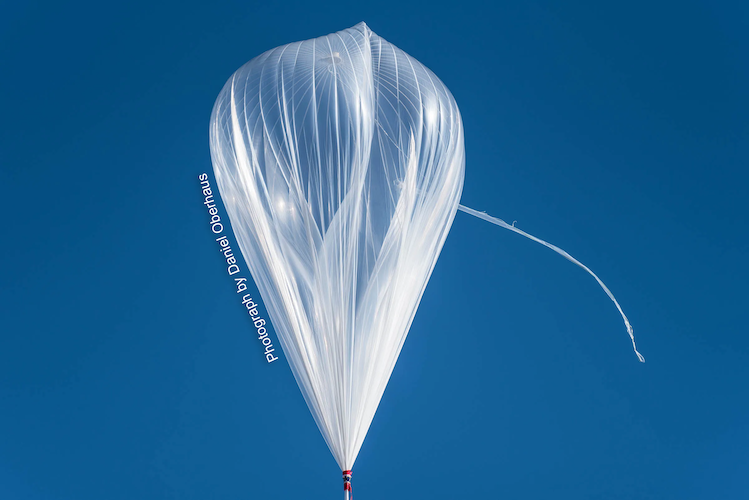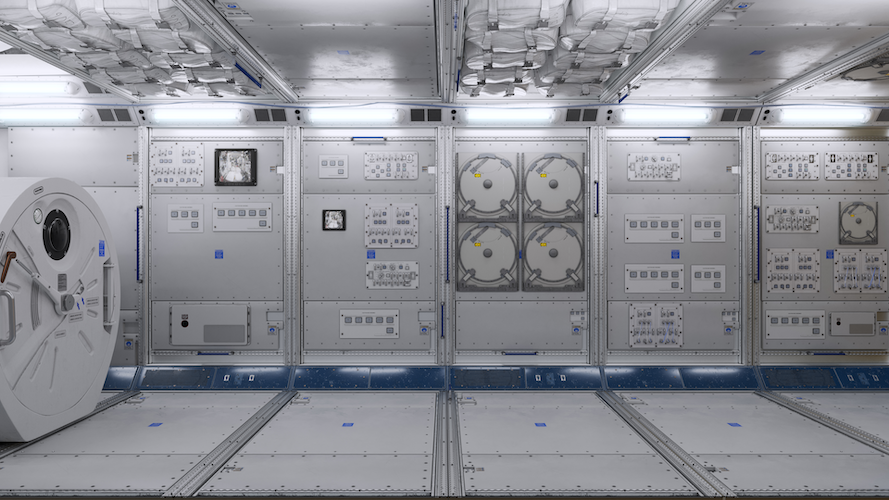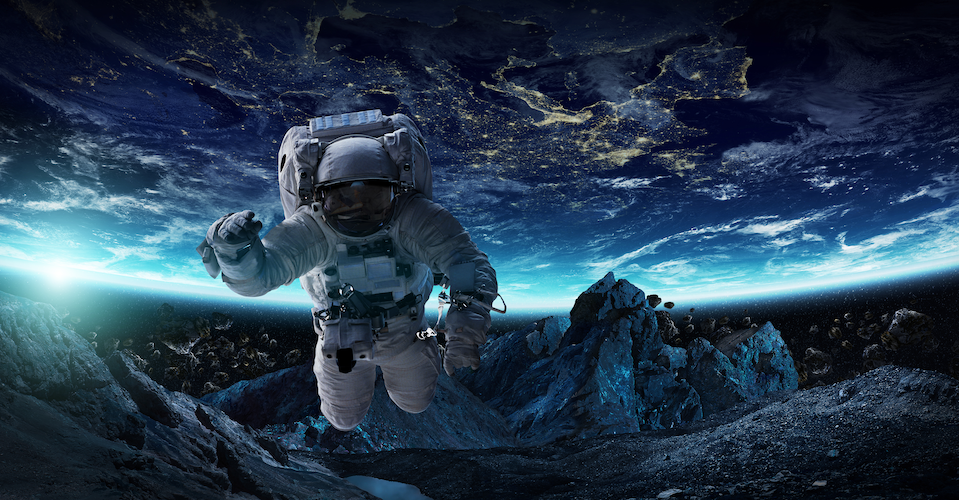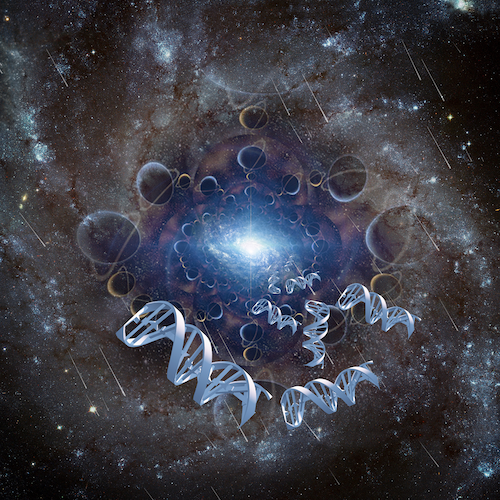
This is a project- based course in which students run a regular high-altitude balloon program going through an entire cycle of a space mission. They start by analyzing previous stratospheric balloon missions developed by students. Then in small specialized teams they tackle the various aspects of a space mission: mechanical, thermal, electric architecture; attitude control and navigation (passive), power generation and management, on-board data handling, data telemetry, payload operation and data acquisition, as well as project management. After having chosen one or several science objectives, the students design, build and test (including vacuum and cryogenics) their payload to study the atmosphere or to test a new technology in space. By the end of the first semester, the balloon payload is then launched from Aire-sur-l'Adour in collaboration with the balloon division of CNES (and/or in Kiruna with SNSA).
The main goal of this course is to create an environment in which students can plan and perform a balloon project mission with a scientific payload and critically select and evaluate relevant scientific and technical information within the subject. After completing the course, the students will be able to define primary and secondary objectives for their mission by writing detailed specifications and an efficient working flow package. Students will be also able to analyze and propose future improvements and developments and identify further knowledge needs and take responsibility for self- knowledge progress. Students will also have experience of writing proposals to the French Space Agency (CNES), and/or Swedish Space Agency SNSA.
Skills:
Systems engineering, project management, solving conflicting constraints, writing space documentation and reports.







